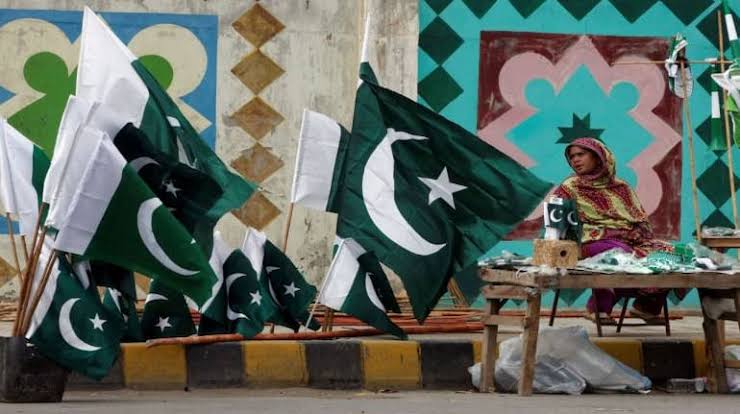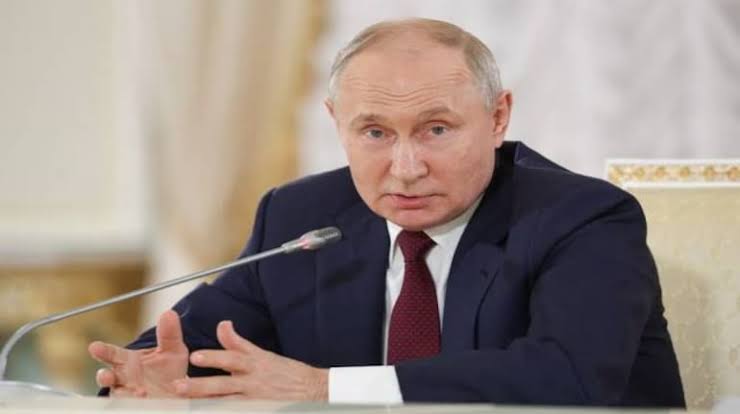Pakistan’s Pivotal 2024 Elections: Navigating Frozen Ties with India amid Regional Uncertainties

As Pakistan stands on the precipice of crucial elections in 2024, the nation finds itself at a critical juncture with frozen ties with India casting a prominent shadow over the political landscape. The upcoming elections, slated for the early part of the year, are poised to shape the country’s trajectory amid regional complexities and global uncertainties. The year 2023 draws to a close, the tenuous state of India-Pakistan relations unveils a complex tapestry of hope, challenges, and regional intricacies. Four years of frozen bilateral ties over the Kashmir issue cast a shadow, but a faint ray of hope emerges, pinned on changing regional dynamics and Pakistan’s upcoming elections.
The standout event of the year was the visit of Pakistan’s then-Foreign Minister, Bilawal Bhutto Zardari, to India in May for the Shanghai Cooperation Organisation ministerial meeting in Goa. Anticipation surrounding a meeting between Bilawal and his Indian counterpart, S. Jaishankar, dissipated, replaced by pointed speeches targeting each other’s nations. Bilawal’s plea to prevent terrorism from hindering political relations irked India, while Jaishankar emphasized halting cross-border terrorism.
Despite being the first Pakistani foreign minister to visit India in almost 12 years, Bilawal’s trip failed to thaw the strained ties rooted in the Kashmir issue. Diplomatic downgrades ensued, with Pakistan expelling the Indian envoy in Islamabad and halting trade ties after India’s abrogation of Article 370 in Jammu and Kashmir in 2019. December witnessed strong reactions to India’s Supreme Court upholding the decision.
The geopolitical chessboard presents a unique situation for Pakistan as its Afghanistan gamble unravels. The Taliban’s rise, coupled with their refusal to sever ties with Tehreek-e-Taliban Pakistan militants, forces Islamabad to recalibrate its stance. Over 400,000 Afghans faced expulsion, signaling a pivot in Pakistan’s strategy amid protests and threats from the Taliban regime.
Looking ahead, the looming February 8 elections paint a nuanced picture. Looking ahead to the elections, all eyes are on the potential return of Nawaz Sharif to power for an unprecedented fourth term. The former three-time premier, having returned from a four-year self-exile in the UK, presents himself as a seasoned statesman with a record of improving ties with neighbouring countries, particularly India.Nawaz Sharif’s return, coupled with the likelihood of securing a record fourth term, injects an element of optimism. Sharif, acquitted in corruption cases, positions himself as an advocate for robust regional ties. His party emphasizes repairing diplomatic relations with neighboring nations, including India, Afghanistan, and Iran.
Sharif’s historical stance against the Kargil war and his emphasis on improving ties with India resonate positively. The echoes of his successes during previous tenures, including visits by two Indian prime ministers to Pakistan, add weight to his narrative. Analysts believe that Sharif’s return, along with Prime Minister Narendra Modi’s presence on the Indian political scene, could contribute to easing bilateral tensions.
In contrast, the political landscape is tumultuous for Imran Khan, former cricket star turned politician, currently grappling with legal challenges. Despite being granted bail in the Cipher case, his conviction in the Toshakhana corruption case keeps him behind bars. Khan’s allegations of targeted arrests and hindrances in the election process underscore a struggle to maintain political relevance.
Economically, Pakistan faces severe challenges, with a free-falling economy causing untold pressure on the masses through unchecked inflation. Seeking fiscal help from various nations, including a USD 3 billion standby arrangement with the International Monetary Fund, Pakistan received a lifeline to avert a sovereign debt default. The economic woes persist amid a rise in violence, with new militant outfits like Tehrik-e-Jihad Pakistan carrying out attacks, adding to the existing turmoil.
As 2023 transitions to history, the intricate fabric of hope and challenges in Indo-Pak relations remains. The interplay of geopolitical shifts, domestic political transitions, and economic exigencies defines the landscape. The upcoming year holds the promise of change, but the path to meaningful progress requires navigating the delicate balance between longstanding disputes and the pursuit of diplomatic possibilities.


